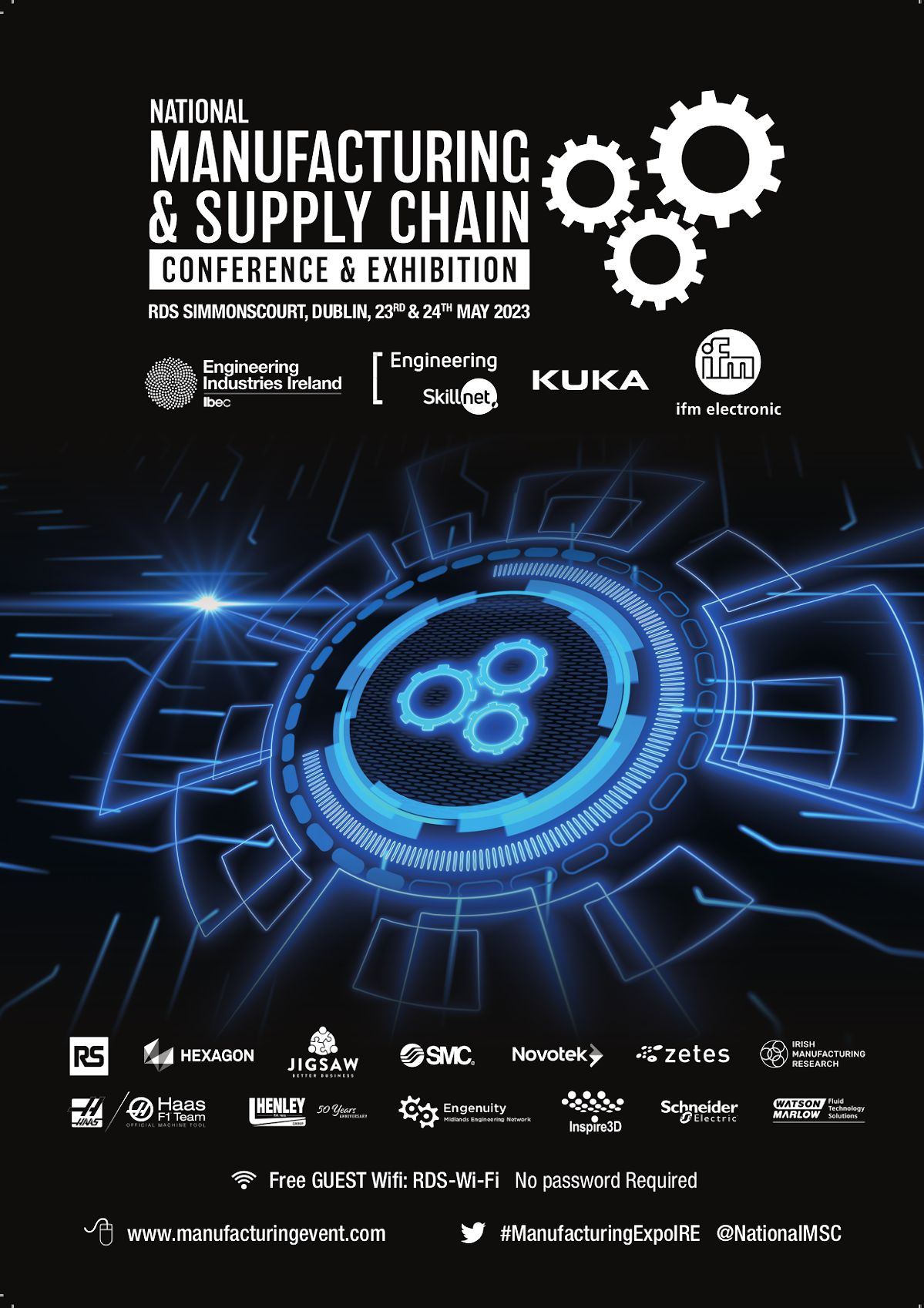Leading UK research facilities to move closer to net zero

A leading, advanced robotics research centre is set to adopt a novel, in-house solution to tackling rising energy bills. The Institute for Safe Autonomy at the University of York plans to use robots to install, inspect and maintain an array of solar panels. The array of solar panels will provide all of the institute’s power.
As part of a brand new project, the array will turn the centre into a living lab. The lab will explore ways to safely develop and deploy robotic and autonomous systems to manage different configurations of photovoltaic solar cells.
It is one of nine projects at top research centres and facilities at UK universities that are set to improve their environmental sustainability, thanks to an £18.9 million funding boost.
Supporting universities
The investment will support universities to:
- enhance, upgrade and adapt research centres and facilities to reduce their carbon emissions
- make research processes more environmentally sustainable.
It has been jointly made by Research England, part of UK Research and Innovation (UKRI), together with the Higher Education Funding Council for Wales and Scottish Funding Council.
The centres and facilities receiving funding were originally established via the highly successful UK Research Partnership Investment Fund (UKRPIF), which is managed by Research England.
Addressing net zero targets
Funding has been made available through a pilot initiative to explore how existing UKRPIF-funded research centres and facilities can be enhanced to address net zero carbon emissions targets.
The projects awarded through the pilot initiative cover a range of research areas, including:
- robotics
- digital technology
- aerospace
- electronics.
They are located right across the UK. They also include a wide variety of approaches to reducing carbon emissions.
Examples of research projects
In one project, The Institute for Safe Autonomy at the University of York will explore the use of robotics and automation to install and maintain solar panels.
Another, at Cranfield University, will put in new equipment to significantly reduce the greenhouse gas emissions associated with airports and aerospace technology. And another project, at the University of Strathclyde, will fit equipment to manufacture medicines more sustainably.
Contributing to government target
As 23% of the UK’s carbon dioxide is emitted from buildings and building usage, the nine projects will contribute to the government’s targets to:
- cut carbon emissions by 78% by 2035
- achieve net zero by 2050.
They also support UKRI’s environmental sustainability strategy, which aims to raise the standard for environmental sustainability across the UK’s research and innovation sector.
Supporting world-leading research
Research England Executive Chair, David Sweeney, said: “The UK Research Partnership Investment Fund has a strong track record in funding state-of-art facilities that support world-leading research and strengthen partnerships between universities and other organisations active in research. By piloting these innovative approaches to tackling net zero in infrastructure, we hope that this scheme will help us to learn more about what works so that we and the higher education sector can factor this into future activity and build upon the already successful UKRPIF model.”
Developing innovative solutions
Professor Duncan Wingham, Executive Chair of Natural Environment Research Council and sponsor for environmental sustainability and net zero in UKRI, said: “Our environmental sustainability strategy commits UKRI to supporting the research sector to reduce its negative environmental impacts.
“This funding will help these leading national centres and facilities develop innovative solutions to reducing energy demand and increasing the use of renewable power in some unique research environments.
“UKRI is proud of its role in helping reduce carbon emissions from delivering cutting-edge research outputs in support of institutional and national net zero targets.”
The projects started in April 2022 and will run until March 2023.




















